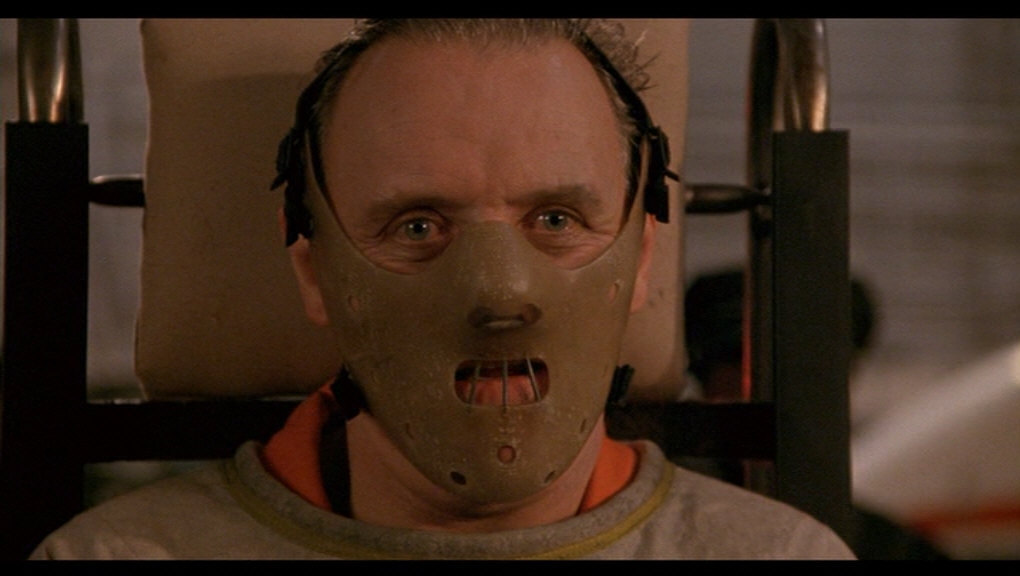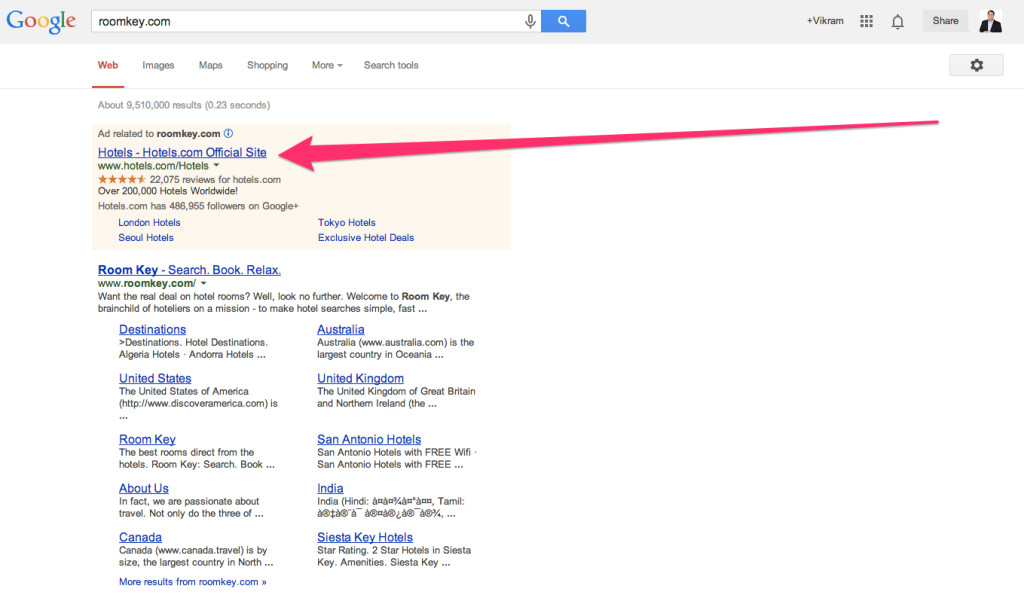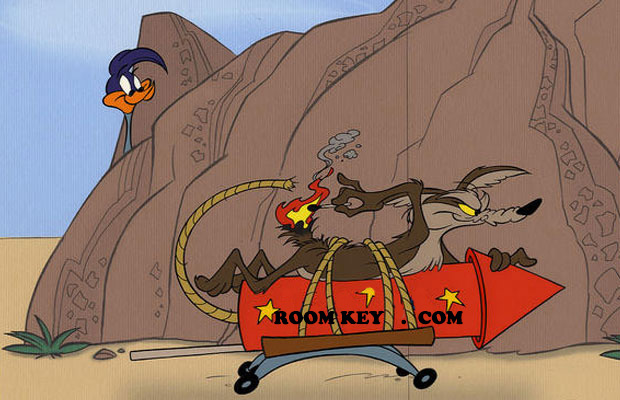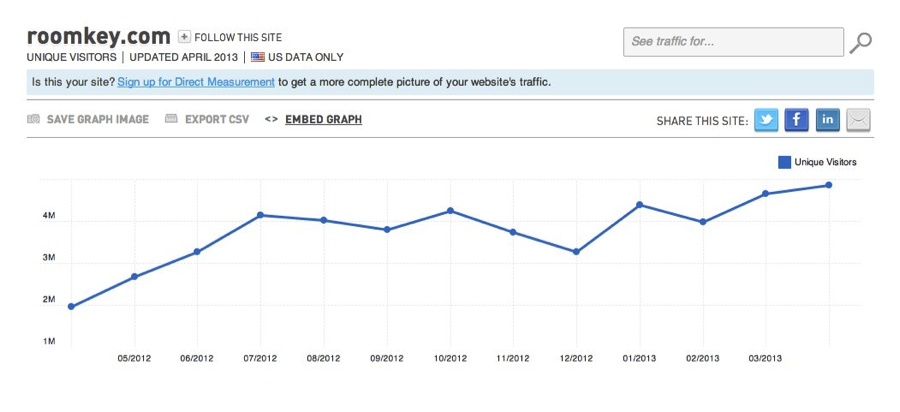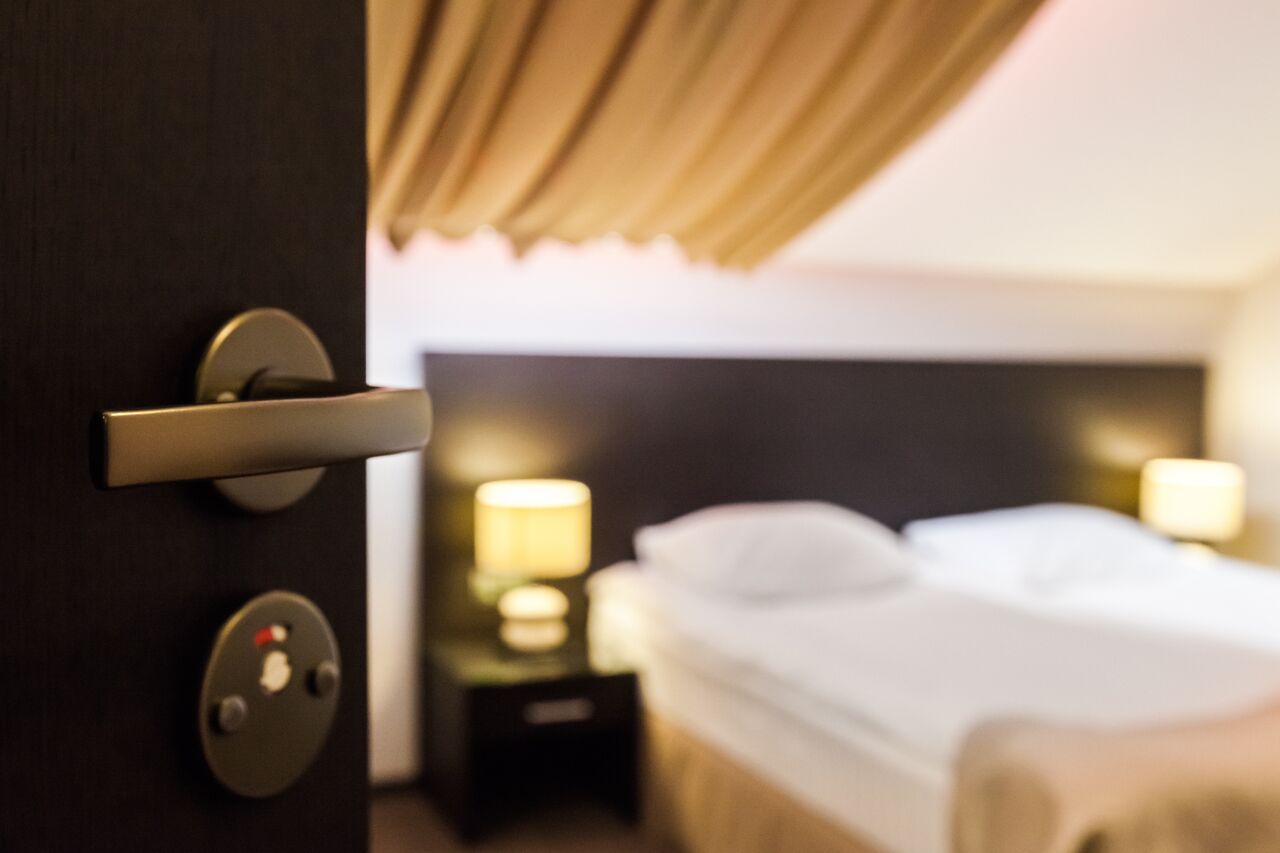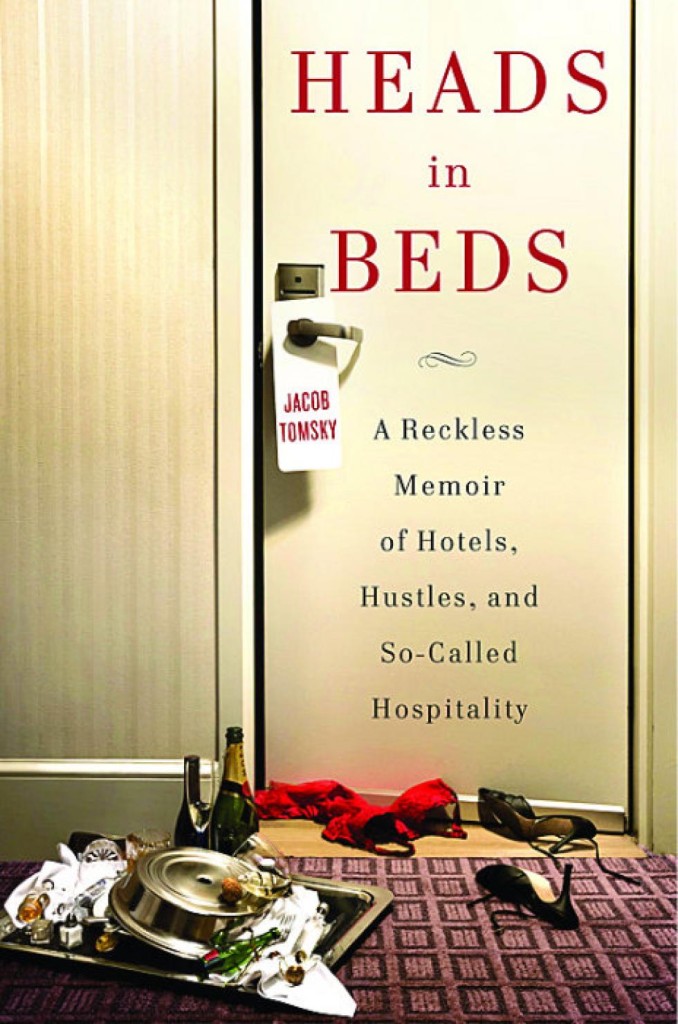Hotel search engine optimization (SEO) is one of the most debated online marketing techniques in our industry. That’s because its efficacy is hard to prove, and techniques have to constantly change to outmaneuver Google’s updates. Google maintains strict control and secrecy about how they manage and update their search engine results pages. Of course, there are guidelines posted on their Webmaster Central product, and a few utterances here and there. This leaves the floor open for some serious speculation… Cue in the SEO “experts.” I am not an SEO expert, nor have I played one on TV. But I am definitely a trained SEO observer who has been in the industry for a decade, and a huge fan of web analytics and data-driven decision making.
It’s sad to see articles like this circulated in the hotel industry: “Google and SEO: what you should do, should not do, penguin, panic, panda, algorithm,” followed by “please hire us, we have the answer.” These articles are usually written by the SEO Manager of a big WalMart-style hotel marketing agency. Agencies also circulate baseless, misleading and ridiculous statistics, like: “56% of hotel revenue is from SEO.”
On the other side, there is a counter-culture saying that SEO is dead and has been dead for a while. Both camps are wrong. Extreme views and made-up statistics like these are harmful to the hotel industry.
So, when did it all get out of hand? What should hotels and travel websites really be doing to improve their Google organic (SEO) revenue? Let’s start by taking a look back …way back.
The Golden Age of Hotel SEO/Remember the Titans?
There was a Golden Age of Hotel SEO? You better believe it! It was 2000-2010. I vividly remember it. A hotel could not only get placement right on the very top left of the screen for hyper-competitive terms like “hotels in NYC” or “hotels in London,” but could also get hundreds of thousands of visits and millions of dollars in revenue. There were no maps, no carousels, and no hotel finders.
Now guess who really capitalized on SEO during this Golden Age. If you guessed hotel brands, you are wrong. OTAs like Expedia.com and Hotels.com ruled in the US; Booking.com in Europe made millions. (Their success continues to this day.) Brands like Hilton, Marriott, Starwood and IHG, to name a few, were actually busy shutting down their property-level websites. Hotel marketing types refused to believe in online marketing; they were so caught up in their own hype that they missed the boat to the greatest hotel revenue party on the planet. It was a blunder that is painful for me to bring up, but for the sake of history I must.
Fast forward to today. OTAs still rule Google and rank for some heavy-hitting terms. However, Google any “hotel + city name” term and you will no longer see an independent hotel, or a brand site, show up on the top half of your screen. Google has taken a machete to the traditional organic results page to push the products that make them money. Now it’s all about the Benjamins (Google Map Ads, Google Hotel Finder Ads, and good old PPC).
2013 might not be the Golden Age of Hotel SEO, but there is much you can do. “Optimize everything” is my philosophy. Here are some things you need to consider if you are serious about improving your hotel’s website’s organic rankings and online revenue.
1. Open Source or Bust
Owning your brand is bigger then SEO, always has been and always will be. There is one real estate market that is booming in marketing land: it’s called making and owning your brand. Renting your hotel website — your most profitable direct revenue channel — needs to be dropped like a bad habit (or hot potato, you choose). Don’t give away the keys to your online home by building it on a closed proprietary CMS (content management system) that you can’t control, remove or optimize at will.
Instead, get a cool design and then pick any open source CMS (WordPress, Joomla, Drupal) to build it on. An army of developers backs these programs when it comes to Google SEO compatibility. There are also some amazing SEO plugins that will help you get back control of your SEO destiny. A lot of them tie into Google Webmaster Central and help your website maintain up-to-date Google compliance. Bonus feature: You will always own your content, photos, website and reputation. How cool is that! Double bonus: You do not lose your entire online footprint with Google every time you redesign or switch website design vendors. #winning
2. Content Is King in the Google Galaxy
There has never been a better time to invest in quality content. Hotel and travel websites looking for organic traffic need to move away from the trend of image-rich and content-poor websites.
In case you’re wondering why so many hotel websites look so similar (and perform so poorly), here’s the formula:
agency’s website template + agency’s regional sales goals + proprietary CMS + sweatshop content writers
= 1000’s of zombie clone websites
Quality images are crucial for hotel sites, but you also have to give people and search engines something nice to read. Hotel websites stuffed with keywords and faux packages have been dropping fast since the 2011 Panda update. Updates are continuing to target websites with low-quality content. Don’t let your website be average, boring and stuffed with meaningless adjectives. Participate in content generation, and say things about your hotel that really matter to your guests.
3. Aim Smaller and More Specific
You have to move beyond city name + hotel keywords like “hotels in London.” Even if you rank for those keywords (good luck!), the referral traffic is diminishing rapidly.
It’s time to pay attention to Latent Semantic Indexing, which simply means that people are going to search for the same thing in different ways. Target terms travelers use to describe your hotel. Why are people traveling to your location? What are they looking to do? What do they like about your property? Look into your website analytics to find out what search terms are bringing visitors to your website and your blog. Data is available to you through Google Analytics, Google Webmaster Tools and Google AdWords Keyword Tool. Please use it!
To put it another way, always try to solve a problem or answer a question for your guests. Focus on answering the questions they want answered, and you will no longer be a slave to keywords with high volume, diminishing traffic and poor conversion.
4. Google+ Is Not Just an Option, It’s the Law
For a while I was convinced that Google+ was Google’s sour grapes product, because they had failed to be a social network. Of course, Google is way too smart to worry about any grapes. Finally, after seeing how they rolled maps, local and reviews into G+, I get it. Millions of business owners worldwide now have to go and get a G+ account, not to mention read ridiculous and boring articles about why your hotel, blah blah, must use Google+, blah blah, we can help.”
A name and a face to go with content is being required. That’s the game. Google Authorship isn’t a suggestion, it’s a necessity. It identifies that a real person is creating the copy. Every Google account subscriber is asked to sign up for Google+. The search engine weighed up social shares last year and downgraded back links; that’s not a coincidence.
Keyword-laden domains no longer have an advantage. The EMD update might not have affected a ton of sites, but it closed the loophole from the day it went into action.
5. SEO & Analytics: Tame the ROI Monster
Log into any hotel’s analytics profile; the SEO traffic numbers with the tag “not provided” are consistently rising. On October 18, 2011, Google announced that they would no longer pass keyword query data through its referrer string for logged in users. That means that instead of showing organic keyword data for these visitors, Google Analytics will offer you the useful description of “not provided.” Keywords that result in a click on your PPC ad are not included in SEO traffic numbers either. This lack of data is making year-on-year comparisons pretty useless, and making it harder than ever to assign ROI numbers to SEO. Chasing your agency to give you a comprehensive ROI report is just a waste of time.
ROI expectations must be tamed to reflect the change in how SEO data is populating in analytics. Hotels that don’t want to invest in SEO because it is hard to show ROI have a wonderful excuse to dwell in their misguided marketing utopia where you never have to do any SEO. However, smart hotels are still pursuing an active SEO strategy by investing in content, local citations, videos, etc. — despite the analytics and reporting challenges.
Conclusion
Search engine optimization has been drastically transformed over the last decade. The Golden Age is over, and it will surely be missed by the hotels who once made tons of revenue through higher rankings. But it’s time to come to terms with current realities.
Reevaluate your SEO strategy. Are you paying for outdated services? If you’re working with a larger agency, consider that they may be focused on continuing to extract profit from their well-established yet outdated SEO department. Every hotel in the agency system has a big decision to make: continue paying for outdated strategies and promises by hiring “safe” and familiar vendors; or rework your search engine marketing strategy to make the most of current and future search trends.
But keep this in mind. While you sit in meetings deciding whether you want to make revenue with or without ROI reporting, Google is hustling big-time. Check out their stock price, and their online revenue from click advertising. All arrows are pointing to the sky. They want a better search page for their customers, and more ways to make money through PPC advertising and their other search products.
It’s easy to get confused or caught in the middle when SEO is changing so rapidly. But no matter how much things change, it is always a good idea to do is move away from industrial SEO strategy and start (or continue) doing the right things: maintain control of your website, keep adding good content, blog about issues that interest your guests, build and optimize your site based on the latest techniques and technology.
Your hotel managers and owners need to get very comfortable with the idea that they will have to continually spend money on expanding website content and buying traffic (PPC). Search changes fast, and there are no guarantees. But that doesn’t mean you should feel paralyzed and stop trying to make the most of your online revenue opportunities.


